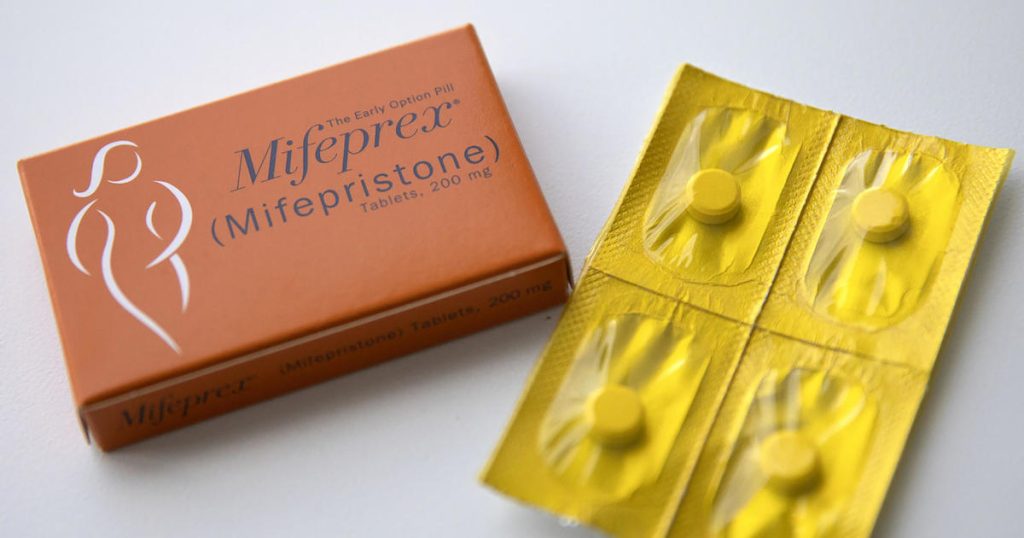Louisiana has become the first state to classify two abortion-inducing medications, misoprostol and mifepristone, as controlled substances, making possession of the pills without a prescription a crime. Governor Jeff Landry signed legislation reclassifying the drugs as Schedule IV substances, putting them in the same category as opioids and other addictive drugs. Pregnant women are exempted from prosecution under the law, but others who possess the pills without a valid prescription could face jail time and fines. Reproductive health law attorney Ellie Schilling expressed concerns that the bill would make it difficult to use the drugs for medically necessary purposes and would lead to increased government monitoring of pregnant women and doctors.
President Biden criticized the legislation, calling it “outrageous” and attributing it to the influence of former President Trump overturning Roe v. Wade. The bill’s enactment comes as abortion opponents and advocates await a decision from the U.S. Supreme Court on the availability of mifepristone. Last year, over 60% of abortions in the U.S. were done through medication, according to the Guttmacher Institute. Louisiana already has restrictions in place that ban both medication and surgical abortions except in cases where the mother’s life is in danger or the pregnancy is deemed “medically futile.” The battle over abortion rights continues to be a contentious issue in the United States.
Critics of the new legislation argue that it will restrict access to safe and legal abortion services, particularly for low-income and marginalized individuals who may face barriers in obtaining a prescription or traveling to a clinic. They also raise concerns about potential criminalization of individuals who may try to self-manage their abortions without medical supervision. Proponents of the law contend that it is necessary to protect the health and safety of individuals by regulating the use of these medications, which can have serious risks and side effects if not taken under proper medical guidance.
The classification of misoprostol and mifepristone as controlled substances in Louisiana reflects a broader trend of state-level efforts to restrict abortion access, particularly in conservative-leaning states. These measures are often part of a larger strategy to challenge the landmark Supreme Court decision in Roe v. Wade and limit reproductive rights. The battle over abortion rights is likely to continue in the coming years, with ongoing legal disputes and political debates shaping the landscape of reproductive health policy in the United States.
Amidst debates over abortion legislation, the voices and perspectives of pregnant individuals and healthcare providers are crucial to consider. Advocates for reproductive rights emphasize the importance of respecting individual autonomy and decision-making in matters of pregnancy and abortion. Ensuring access to comprehensive reproductive healthcare services, including abortion care, is essential for promoting public health and advancing gender equality. The outcome of legal battles and policy decisions around abortion will have significant implications for the rights and well-being of individuals seeking reproductive healthcare services in the United States.


